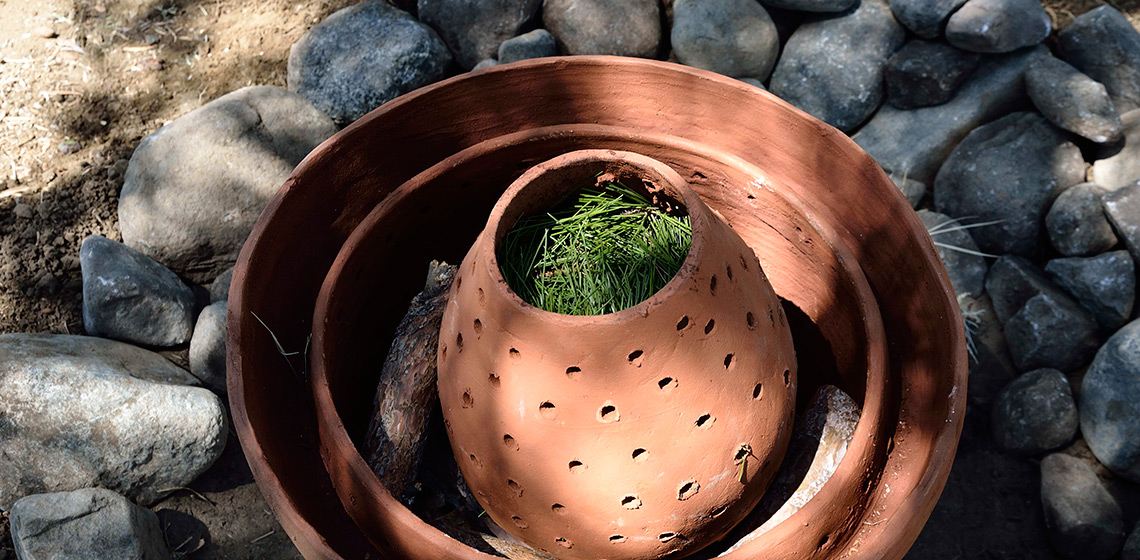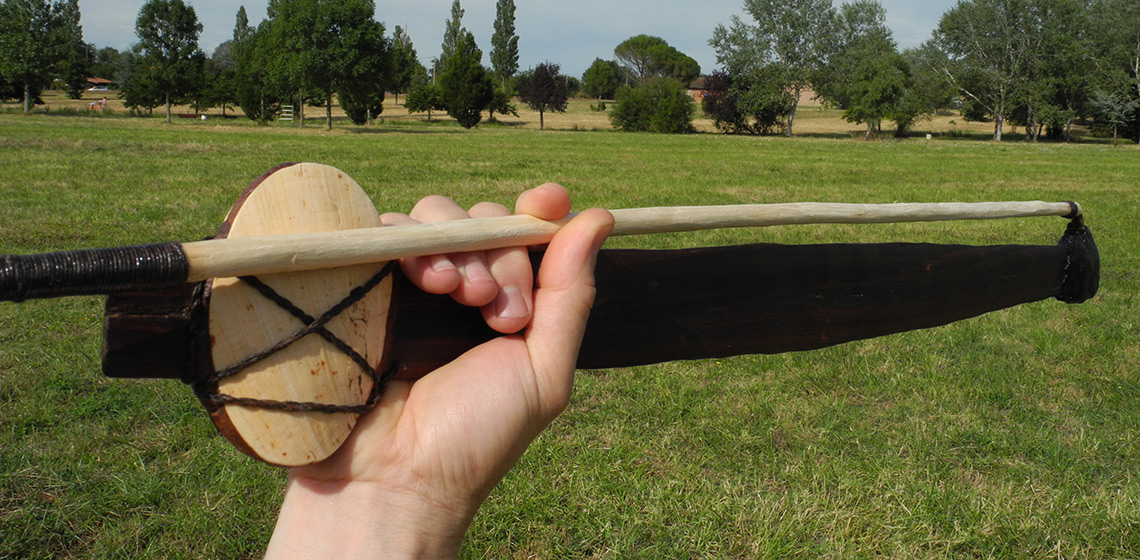Università di Bologna (IT)
The Laboratory of Experimental Archaeology at the University of Bologna is based at the Bronze Age site of Solarolo (Ravenna), where excavations have been carried out since 2006. The laboratory was settled in 2011 to train students in the analysis and interpretation of stratigraphic processes and in the understanding of prehistoric technologies. Activities include the participation of different expertise, from archaeologists to archeotechnicians, from ethnoarchaeologists to experts in archaeometry, which share their skills and knowledge with students...
Concerning the methodology, research questions are formulated starting from the analysis of finds from different chronological contexts, from prehistory to Middle Ages. Recently most of the attention has been devoted to the archaeological site of Solarolo in the wider context of the Bronze Age Northern Italy, where excavations have yielded a remarkable quantity of ceramic, metal, bone artifacts, as well as archaeobotanical and archaeozoological finds, which raised important questions about Bronze Age manufactures, land use, agricultural practices and animal farming.








